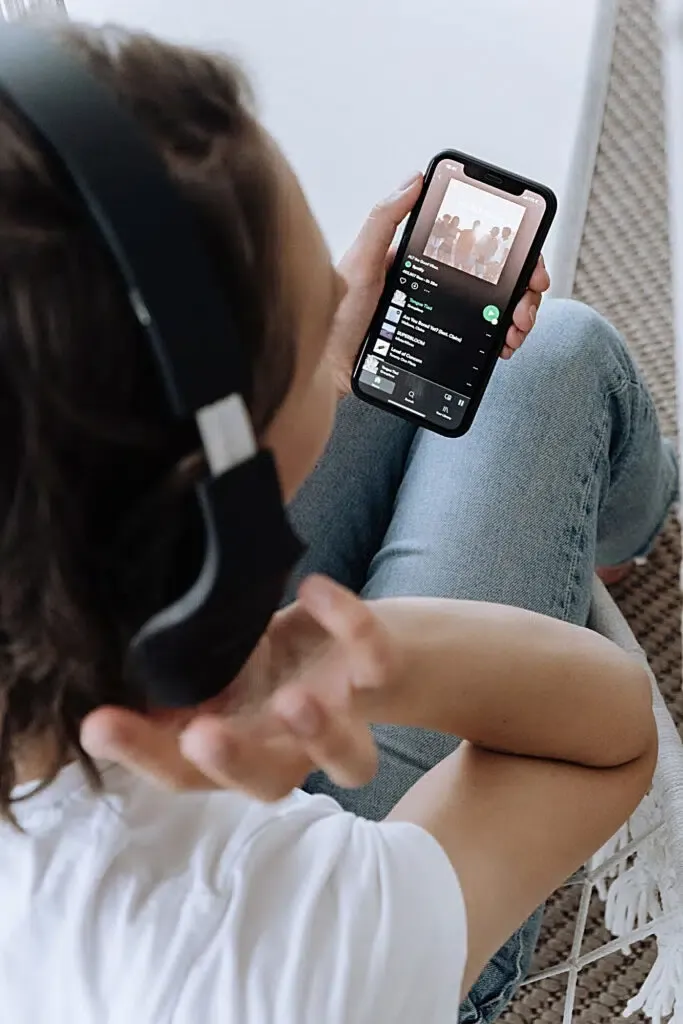- Advertise
-
Subscribe
How to Listen to Music (According to Science)

According to ‘New Scientist’, when you listen to a song, it’s likely that your brain processes the tune and lyrics separately.
It sounds kind of complex but it’s actually pretty simple: when we hear music, chances are, we’re not just hearing it as one big jumble of words and sounds combined.
There’s a whole lot of conflicting evidence surrounding this topic. But as far as a bunch of researchers at The Max Planck Institute for Human Cognitive and Brain Sciences are concerned, it’s actually pretty simple. The superior temporal sulcus (STS) – the part of the brain which processes music – receives words and lyrics as one signal in its midsection, but only appears to process the lyrics separately in its anterior region.
If you’re only focusing on the words, you might be missing the rest
Without getting too bogged down in the science (sorry ‘New Scientist’), what this basically means is that your brain processes sounds and words separately (we think).
When we hear a combination of notes it can remind us of a favourite tune without stimulating a second thought about the lyrics. Or we might hear a friend use a phrase that seems oddly familiar – perhaps it’s reminding us of a song that we heard on the radio which had a message that really resonated with us, even though we have no idea how it goes.
Just knowing this changes how we think about the listening experience.
Often, the marker of whether you really know an artist is whether or not you know their lyrics back to front. And maybe that’s great if you think they’re a real wordsmith. But maybe it’s not so great if you’re spending your energy focussing solely on the words, meaning you’re neglecting to actively think about the rest.
Before we hear the cries of science buffs telling us “it doesn’t work like that”, we know.
Even if you’re not trying to listen to the soundscape of a song, your brain is definitely processing it in the background.

But there’s a difference between passive and active listening. If the science shows that your brain can compartmentalise music, the more you choose to focus on one component of a song, the more you might be neglecting another.
Scientifically speaking: maybe your anterior STS is working overtime while the midsection is getting less action. This effect was observed in a study by Planck Institute’s Dr Daniela Sammler, who saw more brain activity distributed in the anterior section of the STS when volunteers listened to a set of melodies with changing lyrics.
Getting the most out of a song requires active engagement with it
Or maybe not – we don’t know, we’re just journalists. What we do know is that there are definitely dos and don’ts when it comes to really appreciating a piece of music. Science aside, getting the most out of a song requires active engagement with every component of it. Endlessly googling and practising the lyrics in your mirror isn’t going to cut it.
Ben Ratliff, the author of ‘Every Song Ever: Twenty Ways to Listen in an Age of Musical Plenty’, has a whole host of different tips to turn you from a passive listener into an active music critic.
Focussing on the rhythm can be a good way to start appreciating the texture of a piece from the ‘bottom up’. Then you’ve got the tone – is it smooth like melted chocolate or rough like tree bark? What emotions does this evoke? And why? Is it at odds with the lyrical content?
We’re not telling you to ignore the words, just to remember that they’re only one part of the rich musical experience.

Listen at sunset. Listen at sunrise. Try to let the words wash over you
Even changing up your environment can help the listening experience. Plug in your headphones on the go – not on a busy metro on the way home from work, but during a scenic car or bus ride. Listen at sunset. Listen at sunrise (if you’re an early riser). Try to let the words wash over you instead of jutting out as the focal point.
You might learn a thing or two about your favourite artists…
Alternatively, you could keep listening on that crackling pair of headphones you got free on a flight once, googling the lyrics ferociously as you devour each new song. If that’s what really gets you going then who are we to judge?
These are just our suggestions – you do you.
It’s only science after all.






